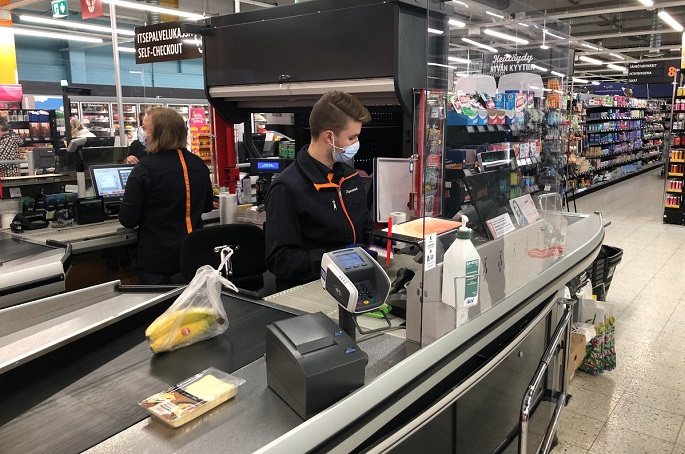20% adults compromise on food, medicines due to lack of money
Published : 05 Oct 2023, 23:26
Updated : 05 Oct 2023, 23:32
Eighteen per cent of men and 23% of women living in Finland have had to compromise on food, medicines or doctor’s appointments because of a lack of money, according to a survey conducted by the Finnish Institute for Health and Welfare (THL).
The Healthy Finland Survey, which was carried out in autumn 2022 and spring 2023 and corresponded to about 900 000 adults living in the country, said the THL in a press release on Thursday.
A total of 28,000 people aged 20 years and over and living in Finland responded to the survey.
Up to a quarter of the working-age population aged 20–64 years reported they had had to compromise on food, medicines or doctor’s appointments during the past 12 months.
Twenty-two per cent of men and 28% of women reported they had done so.
Problems with making ends meet were most common in the younger age groups. Twenty-six per cent of men and 33% of women aged 20–39 years reported they had had to compromise on food, medicines or doctor’s appointments because of a lack of money, whereas under 10% of women and men aged 75 years and over reported problems with making ends meet.
“One explanation for the weaker situation of young adults may be their more uncertain situation in the job market. Their life situations often vary quickly and young adults may have on average smaller financial buffers to help them cope with the effects of different crises and sudden expenses,” said Chief Researcher Laura Kestilä.
Compared with the 2020 survey, problems with making ends meet have increased slightly in all age groups, among women more clearly than among men.
“The COVID-19 pandemic, Russia’s war of aggression against Ukraine and the rise of consumer prices have definitely contributed to the fact that so many people feel they have had to compromise on important everyday commodities and services,” said Kestilä.
“The impact of the rise in the loan interest rates, which is likely to have made the situation even more difficult, is not yet fully visible in these results,” she added.
Meanwhile, sixty-seven per cent of adults found their daily life extremely or very safe. Men considered their life to be safe slightly more often than women.
It is very rare to find one’s daily life unsafe: only 4% of adults felt unsafe.
However, the sense of insecurity has become slightly more common compared with 2020. Especially an increasing number of people aged over 64 years reported they felt unsafe.
“In fact, it is a small surprise that the sense of safety has been this stable and the times of uncertainty have not essentially increased the sense of insecurity. Although the number of those who feel unsafe has increased slightly, studies show that Finland is still one of the safest countries in the world,” said Research Professor Sakari Karvonen.
The majority of people were satisfied with the conditions in the area they live in: 82% reported they were satisfied. The proportion of those who were satisfied increased with age among men, but the same did not apply to women.
Highly educated people were more satisfied with the conditions in the area that they live in.


